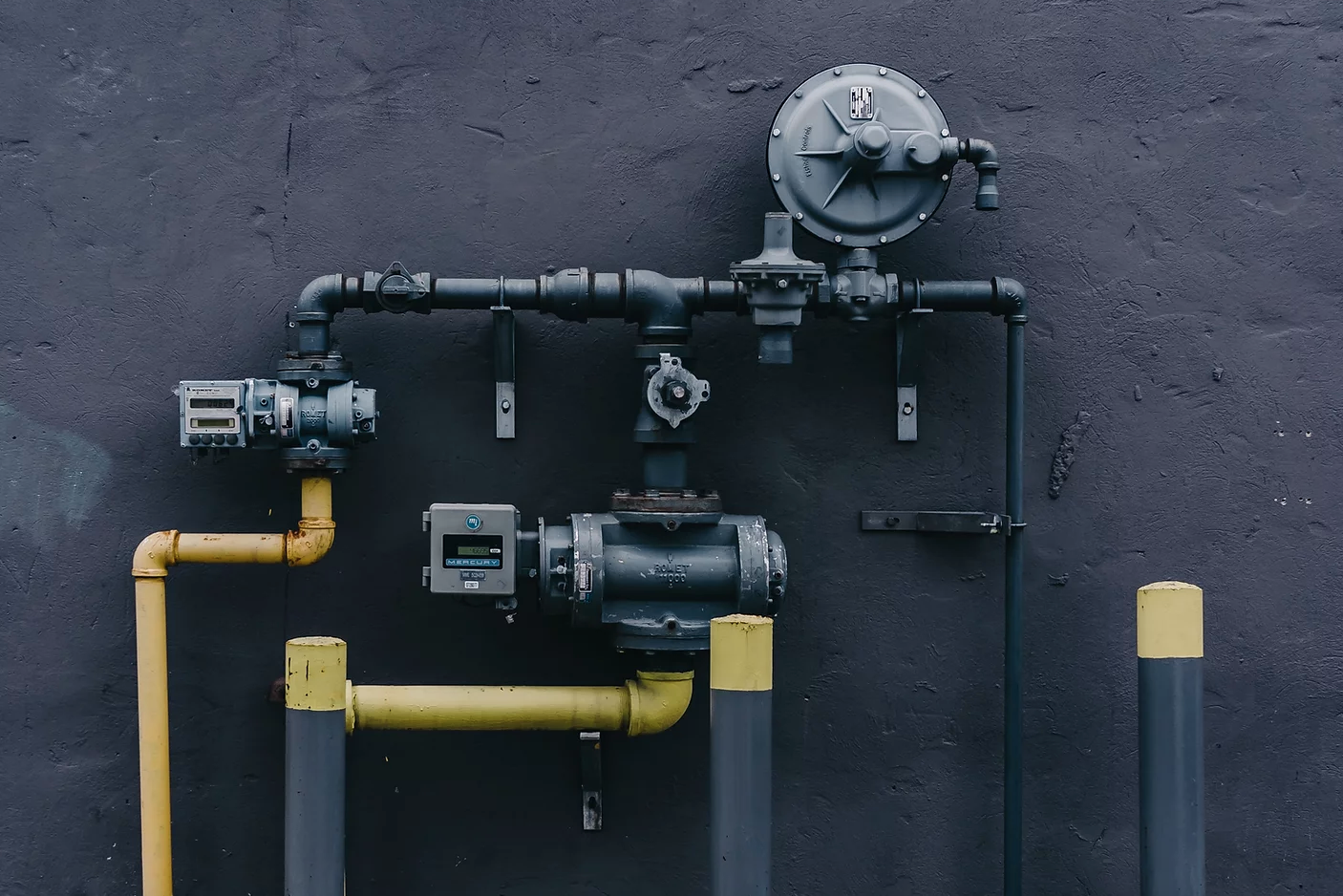
As a property owner or manager in New York City, it is essential to understand the local laws and regulations that govern your building’s safety. One such law is Local Law 152, which mandates periodic inspections of gas piping systems in buildings to ensure their safety.
In this article, we will delve into the requirements for Local Law 152 inspections and provide you with the information you need to comply with this regulation.
What is Local Law 152?
Local Law 152 of 2016 is a New York City law that requires all buildings to undergo periodic inspections of their gas piping systems. This law applies to buildings that have gas piping systems that provide gas for heating, cooking, or any other purpose.
The purpose of the law is to ensure that gas piping systems in buildings are safe and that they do not pose a threat to the occupants of the building or the public. The law requires inspections of these systems every five years to identify and rectify any unsafe conditions.
Who is Responsible for Local Law 152 Inspections?
The responsibility for Local Law 152 inspections falls on the building owner or manager. The owner or manager must hire a qualified and licensed plumber to conduct the inspection.
The plumber must be licensed by the New York City Department of Buildings (DOB) and must have completed a course approved by the DOB on gas piping system inspections.
What are the Requirements for Local Law 152 Inspections?
Local Law 152 mandates that gas piping systems in buildings must be inspected every five years. The inspection must be conducted by a licensed plumber who is approved by the DOB to perform gas piping system inspections.
The inspection must include a visual examination of the entire gas piping system, including all pipes, valves, regulators, and other components. The inspector must also test the gas pressure and perform a leak detection test.
The inspection report must be submitted to the DOB within 60 days of the inspection, and it must include the following information:
The name and license number of the plumber who conducted the inspection.
The date of the inspection.
A description of the gas piping system.
Any defects or conditions that require correction.
Any corrective actions that were taken.
If any defects or unsafe conditions are identified during the inspection, the building owner or manager must rectify them within a specified period. The DOB will issue a violation if corrective action is not taken within the required timeframe.
How to Prepare for a Local Law 152 Inspection?
To prepare for a Local Law 152 inspection, building owners or managers should do the following:
Keep detailed records of all gas piping system repairs and maintenance.
Hire a qualified and licensed plumber to conduct the inspection.
Schedule the inspection in advance to ensure that it is conducted within the required timeframe.
Notify all tenants and occupants of the building about the inspection.
Make sure that all gas piping system components are easily accessible for inspection.
Conclusion
Local Law 152 is an essential regulation that helps ensure the safety of gas piping systems in buildings in New York City. As a building owner or manager, it is crucial to understand the requirements of this law and comply with them.
By hiring a qualified and licensed plumber like Tidal Plumbing NYC to conduct the inspection, keeping detailed records of repairs and maintenance, and preparing for the inspection in advance, you can ensure that your building remains in compliance with this regulation. Make sure to check out Tidal Plumbings’, Local Law 152 Inspections: What You Need to Know, page to learn more.
Remember, the safety of your building’s occupants and the public is your responsibility, and complying with Local Law 152 is a crucial step in fulfilling that responsibility.
